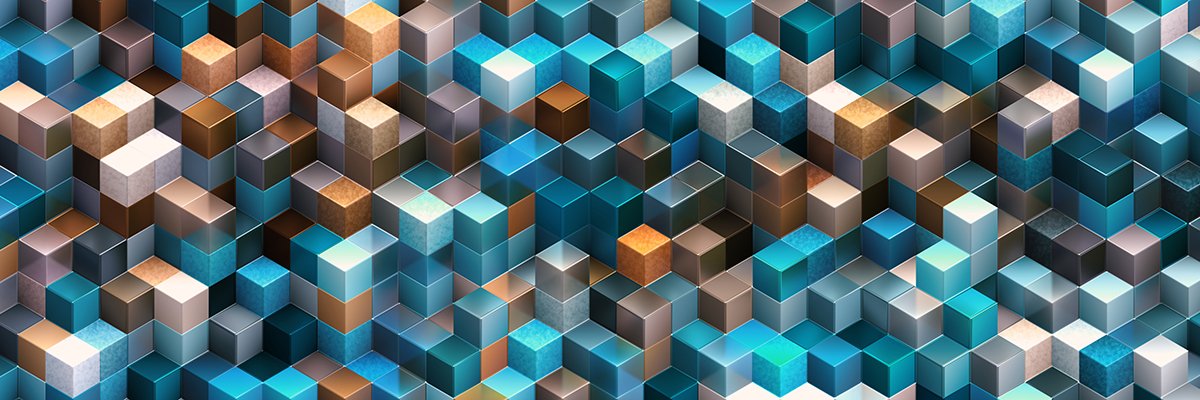The rise of quantum computing is set to challenge modern cryptography and could change the way we approach data encryption. While much of the discussion surrounding quantum computing revolves around its potential benefits in areas such as electric cars, supply chain optimization, and chemical research, there is growing concern about its impact on cryptography and the ability of modern encryption methods to protect data.
As quantum computing undergoes further research and development, it could theoretically break many of the encryption methods currently utilized by organizations. Quantum attacks may pose a risk to both asymmetric and symmetric cryptography encryption methods, as quantum computers can perform calculations that can decrypt them.
Many researchers are currently exploring options for encryption methods that can protect data center infrastructure from quantum-based attacks. While the threat is still years away, data center managers and security teams must familiarize themselves with the issue and take steps to adapt for the long term.
The efficacy of encryption methods could be affected by quantum computing. Most modern cryptography is based on mathematical algorithms used to encrypt data. Attacks on encryption methods that would typically take years could theoretically be done in days with quantum computers. Asymmetric and symmetric encryption types could both be at risk given Shor’s algorithm and Grover’s algorithm, respectively.
Shor’s algorithm poses threats to asymmetric cryptography, such as Rivest-Shamir-Adleman (RSA) encryption, as well as most public key cryptographies. On the other hand, Grover’s algorithm targets symmetric cryptography, or secret key cryptography, such as Advanced Encryption Standard (AES) and Rivest Cipher 4.
Various options are being researched to help safeguard against the threat of quantum computing-based attacks on data center infrastructure and data. These quantum-resistant options include lattice-based cryptography, quantum key distribution (QKD), code-based cryptography, multivariate-based cryptography, and isogeny-based cryptography.
The National Institute of Standards and Technology (NIST) is leading efforts to develop and standardize post-quantum cryptographic algorithms. In 2022, NIST chose four potential quantum-resistant cryptographic algorithms to become part of its post-quantum cryptographic standards, and more are under review. While the threat of quantum-based security breaches may still be a few years away, organizations must prepare for the future by collaborating with security teams, assessing potential options for quantum-resistant encryption, and planning hardware and software upgrades as needed.
In conclusion, while the industrial benefits of quantum computing technology are on the rise, the disruption it brings to existing encryptions methods cannot be taken lightly. Organizations must begin gearing up to deal with this inevitable challenge.


